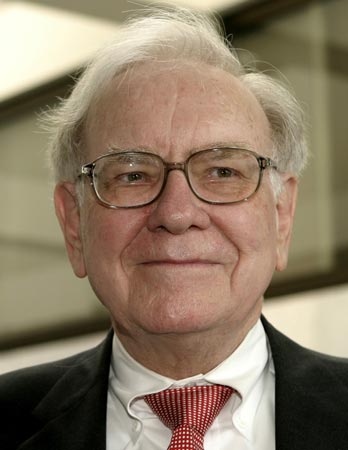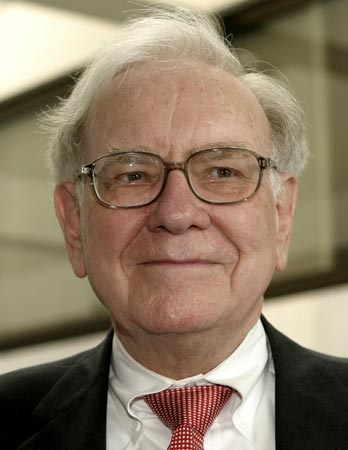Are Romantic Comedies About Love or Money?
Posted on November 9, 2014 at 8:00 am
I really enjoyed this essay by Meredith Haggerty at Medium about the way that romantic comedies have dealt with money issues through the years. Of course, all movies reflect the economic environment of their eras — the eras in which they are made as much as the eras they are depicting. The most astute reviews of “Magic Mike” noted that it was as much about the recession economy as it was about male strippers.
I recently watched a few episodes of a late 1980’s romantic comedy and was amused by the many elements of the storyline that were as radically different from today’s world as the awful 80’s clothes and hairstyles. There were plenty of jobs available in journalism, for one thing. Airplane travel was very different. Though they had small, primitive computers, this was long before Google and Wikipedia, so when asked a research question, the characters still looked in books for the answer.
Haggerty compares the heiress and the commoner era of the Depression (“Bringing Up Baby,” “My Man Godfrey”) with the Meg Ryan era (“Sleepless in Seattle,” “You’ve Got Mail”) and the “Recession Romances” of films like “Obvious Child” and “Enough Said.” I love this graphic from Mark Nerys.



